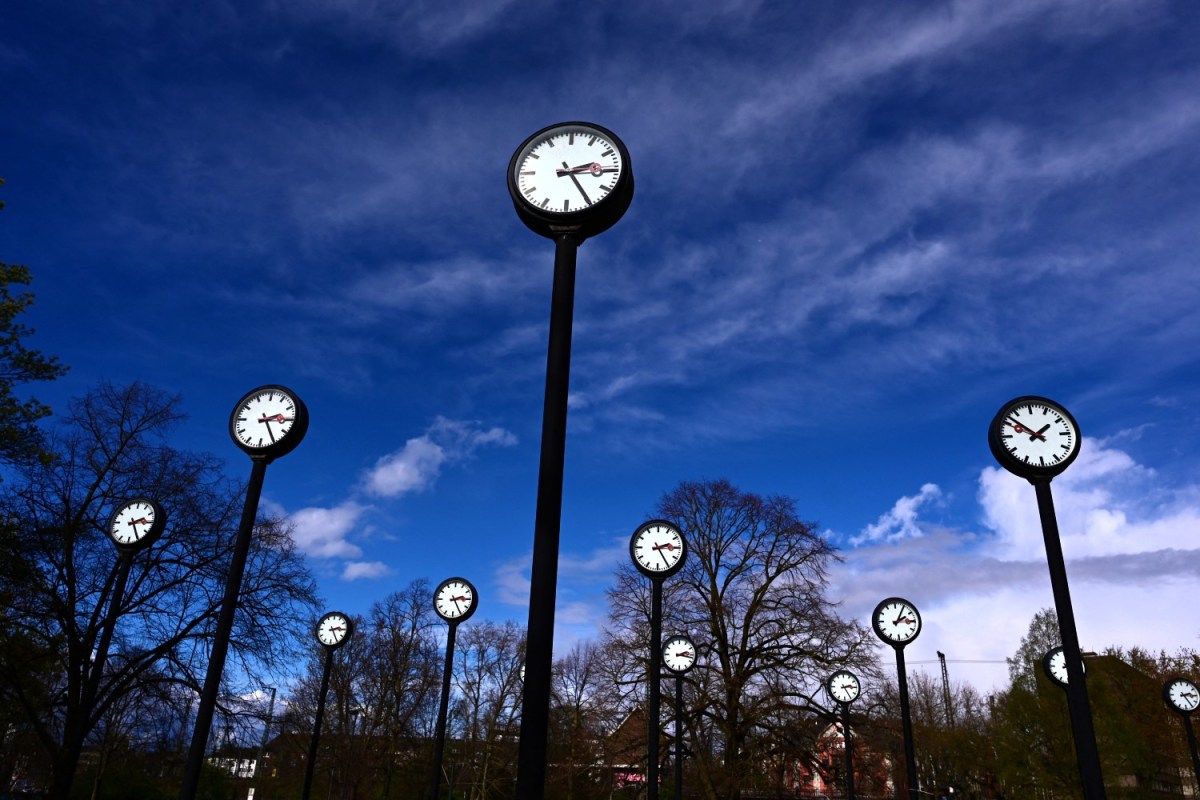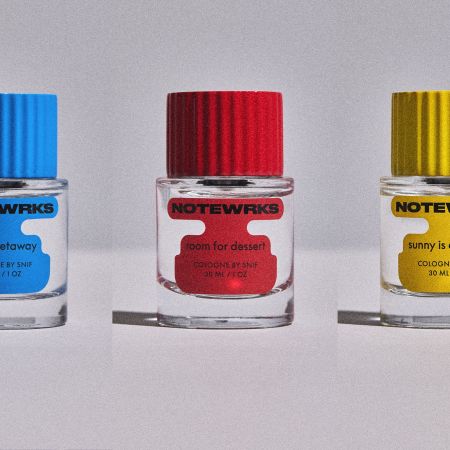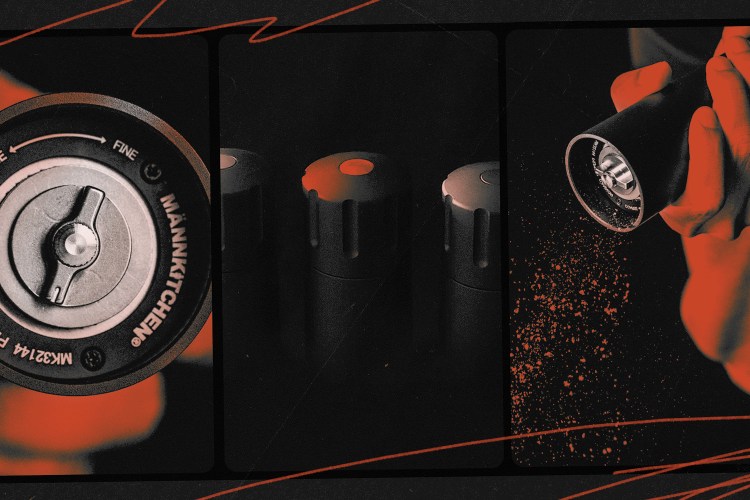No, 30 Rock never made an episode about the leap second, and there is no beloved holiday mascot who emerges from the Marianas Trench that’s related to it. (At least none that we know of.) A leap second is periodically added by scientists to, as The Guardian‘s James Randerson wrote, “bring the most accurate atomic clocks in line with the astronomical day.” It’s something people are unlikely to detect, but that science finds eminently useful.
Though there’s another reason why you may not have noticed leap seconds recently: the process of adding them hasn’t taken place in recent years. (The Randerson article cited above is from 2008.) As NPR’s Bill Chappell reports, we’re on the verge of seeing the debut of a “negative leap second” — and, as with many bizarre scientific phenomena, the reason for it is climate change.
As UC San Diego’s Duncan Agnew wrote in a paper published by Nature, “global warming is already affecting global timekeeping.” Agnew cites the effect of global warming on the planet’s angular velocity — which in turn connects to the Earth’s rotation.
“One second doesn’t sound like much, but in today’s interconnected world, getting the time wrong could lead to huge problems,” Agnew said in a recent article about the paper.
Lawsuit Seeks to End LA’s Black Market for Tee Times
It’s a contentious time for the city’s golfersNPR’s report on Agnew’s findings reveals just how complex the relationship between various forms of timekeeping and the planet’s rotation are — and notes that leap seconds have adversely affected the tech industry in recent years. Agnew’s findings enter a larger debate over the future of leap seconds — or, in this case, their opposite. Time may not be a flat circle, but it is more complicated than we might think.
This article appeared in an InsideHook newsletter. Sign up for free to get more on travel, wellness, style, drinking, and culture.



















